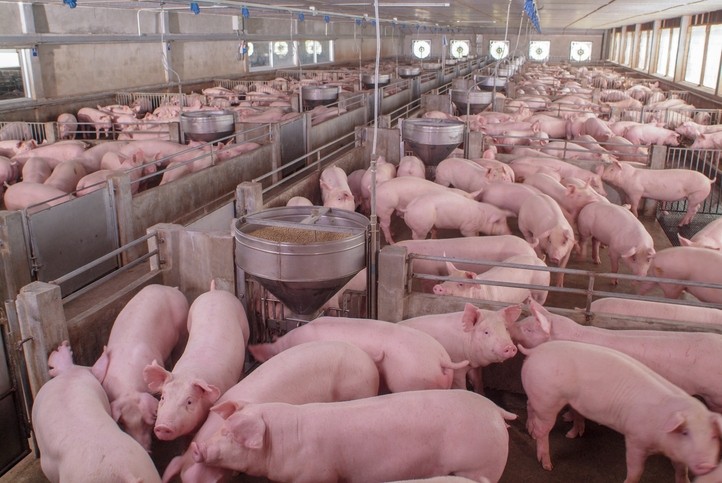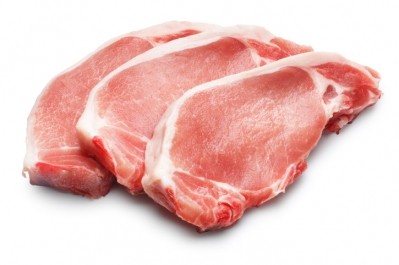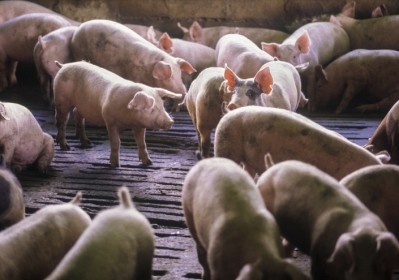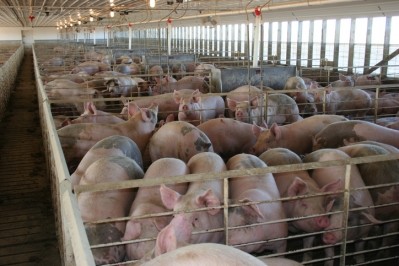US hog industry faces oversupply challenge: Smithfield to end grower contracts in Utah

The contract terminations will result in job losses for Smithfield employees who support the company's business with farms that it contracts to raise hogs.
The Smithfield, Virginia-based company, which is owned by Hong Kong-based WH Group, said it would offer relocation opportunities and transition assistance to affected employees.
While the exact number is yet to be determined, the company expects to lay off approximately 70 employees, which would be one-third of the 210 people currently employed at its Utah hog production facility.
The industry and the company are experiencing historically challenging market conditions for hog production, said Shane Smith, CEO of Smithfield Foods.
Smithfield continues to take steps to improve operational efficiencies and optimize its hog supply chain, he added.
These actions include rebalancing production with East Coast harvest capacity, reducing its sow herd in Missouri and closing finishing operations in Utah. “These are difficult decisions, but they are necessary to help our company remain competitive in this environment.”
Other US meat sectors also face cost challenges
In August, Tyson Foods announced it would close four poultry processing plants in a "bold" move to boost its numbers.
The plants are located in North Little Rock, Arkansas; Corydon, Indiana; Dexter, Missouri; and Noel, Missouri.
Drought has been a significant factor in the recent decline in the US cattle herd; dry weather has negatively impacted pasture and range conditions, resulting in higher feed costs.
US beef prices have risen sharply, with retail beef prices at approximately $8 per pound, surpassing the previous high of $7.90 during the pandemic, according to the US Department of Agriculture (USDA).
Tyson CEO Donnie King warned in August that low cattle inventories were leading to difficult export market conditions.










